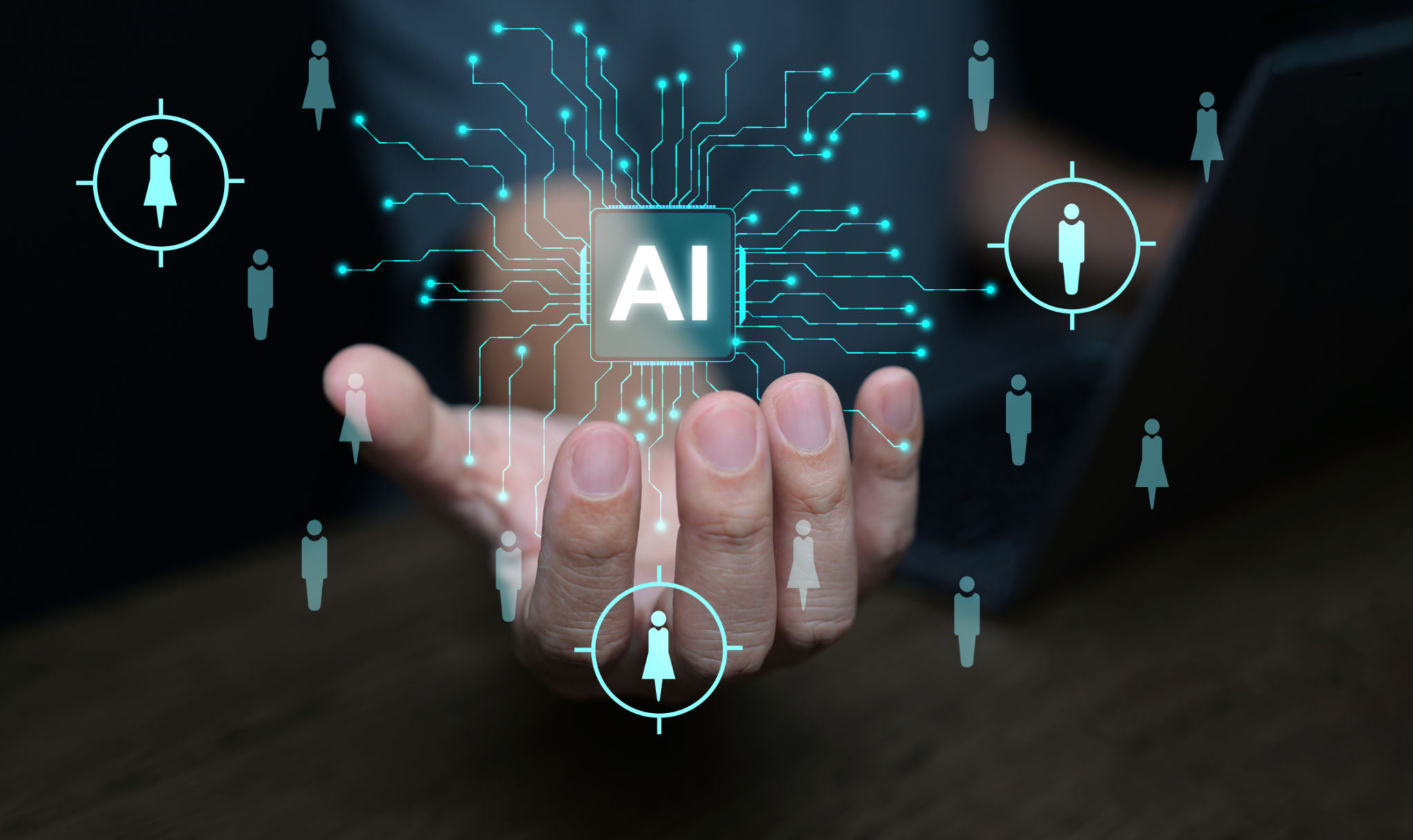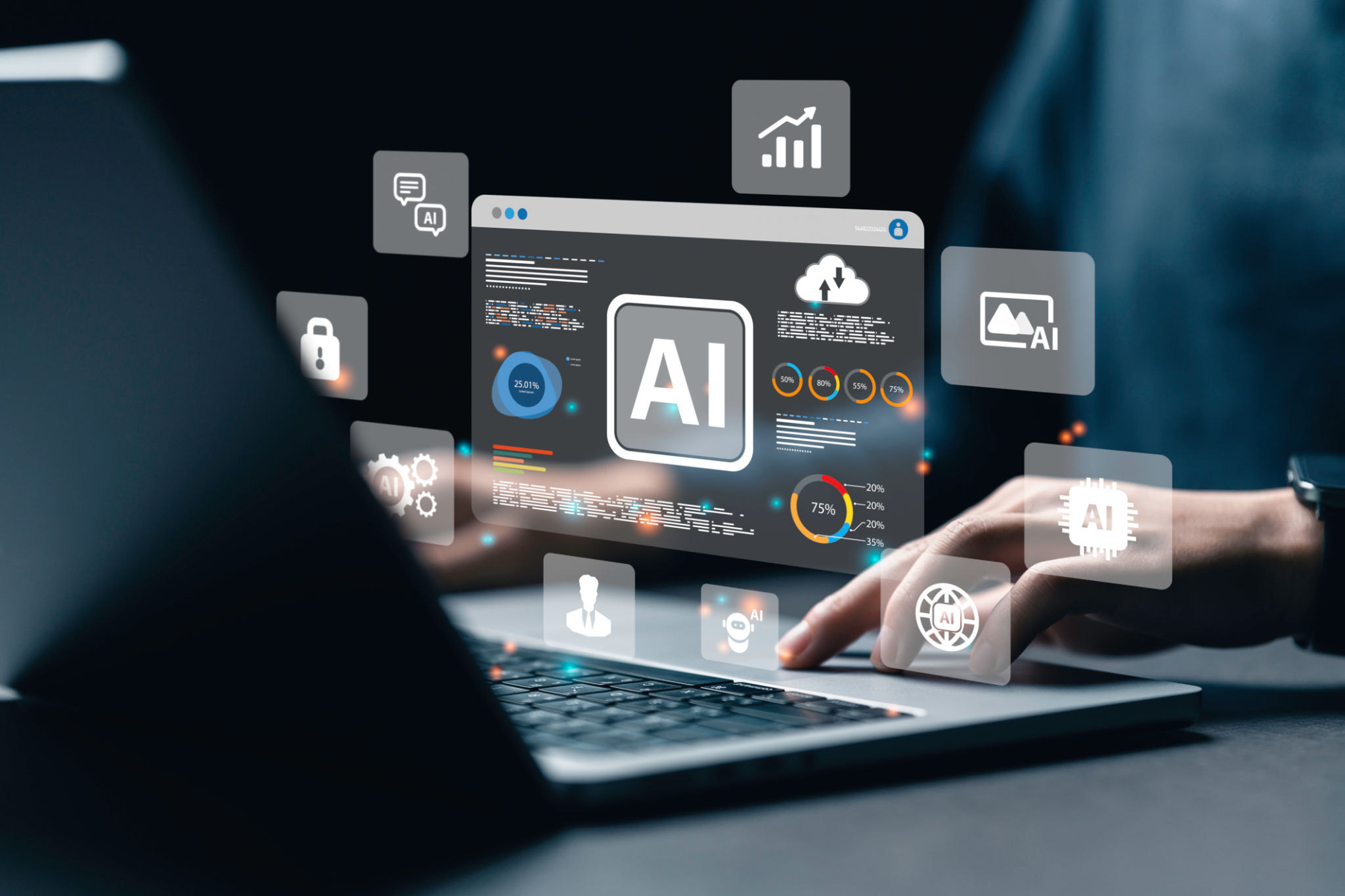Overcoming Common Misconceptions About AI in Recruitment
Understanding AI in Recruitment
Artificial Intelligence (AI) is rapidly transforming various industries, and recruitment is no exception. However, despite its widespread adoption, several misconceptions persist about the role of AI in recruitment. These misunderstandings often prevent organizations from fully leveraging AI's potential to streamline hiring processes and improve outcomes.

Misconception 1: AI Will Replace Human Recruiters
One of the most common myths is that AI will eventually replace human recruiters. In reality, AI is designed to augment human capabilities, not replace them. By automating repetitive tasks such as resume screening and scheduling interviews, AI allows recruiters to focus on more strategic aspects of the hiring process, such as building relationships with candidates and crafting compelling employer branding.
AI can analyze vast amounts of data far quicker than any human, identifying patterns and insights that may be missed otherwise. This helps recruiters make more informed decisions while reducing bias and improving diversity in the hiring process.
Misconception 2: AI Decisions Are Impersonal and Biased
Another widespread belief is that AI-based decisions lack the personal touch and are inherently biased. However, when properly implemented, AI systems can actually reduce human biases by evaluating candidates based purely on data-driven metrics. It's crucial to ensure that the algorithms are trained on diverse and representative data sets to avoid any unintended biases.

Moreover, AI can be programmed to flag potential biases within traditional recruitment methods, prompting recruiters to re-evaluate criteria that may unfairly disadvantage certain groups.
Misconception 3: AI Implementation Is Costly and Complex
Many businesses are hesitant to adopt AI in recruitment due to perceived high costs and complexity. While it is true that integrating AI requires an initial investment, the long-term benefits often outweigh the costs. AI can significantly reduce time-to-hire and improve the quality of candidates by providing valuable insights into candidate behavior and preferences.
The technology is becoming increasingly user-friendly, with many platforms offering intuitive interfaces and customizable options that do not require extensive technical expertise. Additionally, many service providers offer scalable solutions suitable for businesses of all sizes.

Misconception 4: AI Eliminates the Need for Human Interaction
Some fear that AI will lead to a colder, more impersonal recruitment experience. While AI can handle many logistical elements of recruitment, the need for human interaction remains crucial. Personal engagement and understanding are vital in assessing cultural fit and candidate motivations.
AI tools can enhance human interactions by providing recruiters with deeper insights into candidate profiles, allowing for more personalized communication. This combination ensures a more effective and empathetic recruitment process.
Embracing AI for a Better Recruitment Experience
Overcoming these misconceptions is essential for organizations looking to stay competitive in today's fast-paced job market. Embracing AI in recruitment can lead to more efficient processes, better candidate experiences, and improved hiring outcomes.
By understanding and addressing these common myths, businesses can make informed decisions about integrating AI into their recruitment strategies, ultimately benefiting both recruiters and candidates alike.